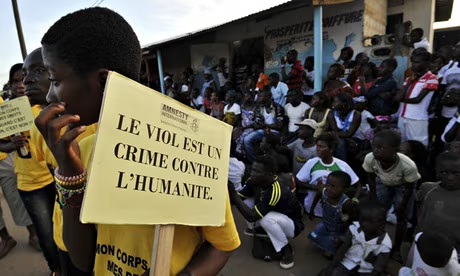Facts
A communication was filed in 2005 before the African Commission on Human and Peoples’ Rights (ACmHPR) against the Republic of Ethiopia by Haregewoin Gabre-Salassie. IHRDA became a co-author to the communication in 2006.
The Dergue Officials are former members of the Mengistu regime otherwise known as the Dergue regime. In 1991 the Ethiopian Peoples’ Revolutionary Democratic Front (EPRDF) overthrew the Dergue regime and detained its former officials, who were charged with genocide and crimes against humanity based on alleged atrocities committed.
In the aftermath of their detention, a new law was enacted by the Special Public Prosecutors Office (SPO) of The Republic of Ethiopia construed as an attempt to compromise the fair trials rights of detainees. These former Dergue Officials were held in pre-trial detention for more than 3 years and after their trial commenced, the cases against them dragged on for more than 12 years before being determined by the national courts of Ethiopia. Consequently, the Dergue Officials were detained for about 16 years while their trial was pending before the national courts. Many of these officials died before their cases were determined.
Decision of the ACmHPR
The communication was decided on merits at the 50th Ordinary Session of the ACmHPR held in Banjul, The Gambia (11 – 24 October 2011). The Ethiopian government was found in violation of the following articles of the African Charter on Human and Peoples’ Rights (ACHPR):
Article 1: Obligations of Member States
Article 2: Right to Freedom from Discrimination
Article 7: Right to Fair Trial
Recommendations of the ACmHPR :
- That the Ethiopian government pays adequate compensation to the victims for violation of their rights under Article 7 (1) (b) and (d) of ACHPR.
- That the Ethiopian government submits a report to the ACmHPR on implementation of the above-mentioned recommendation within three months.





